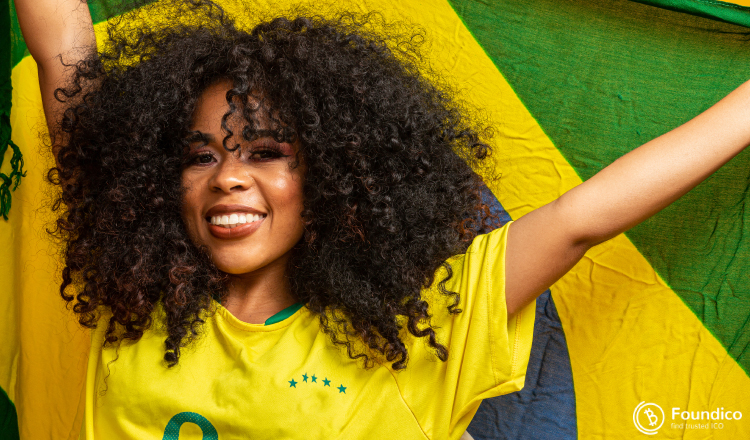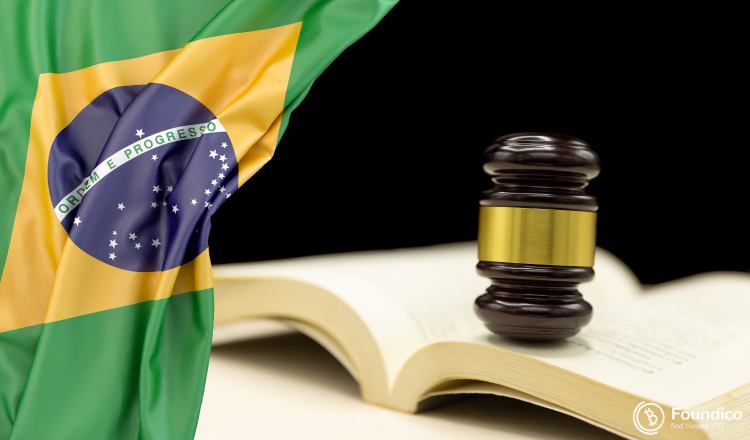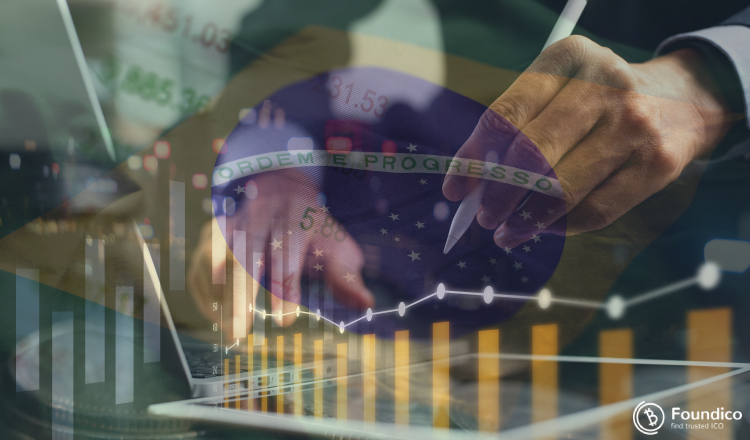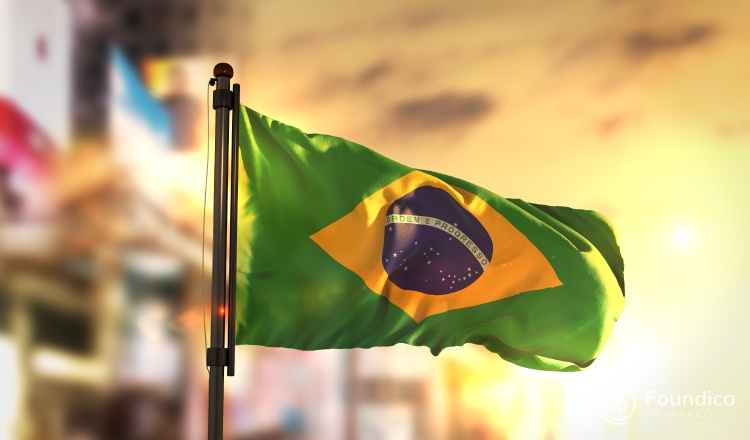Introduction
Brazil is the largest country in both South and Latin America, formally known as the Federative Republic of Brazil, with a land area of 8.5 million square kilometers (3.2 million square miles) and a population of over 211 million people.
On the east, it is bordered by the Atlantic Ocean. Except for Ecuador and Chile, it shares borders with Uruguay, Argentina, Paraguay, Bolivia, Peru, Colombia, Venezuela, Guyana, Suriname, and French Guiana.
Its Amazon basin is home to a large tropical forest with a wide range of species, ecological systems, and natural resources spread across various protected habitats. Brazil is one of 17 megadiverse nations, and its unique environmental history has piqued global interest.
As a result of environmental destruction caused by processes such as deforestation, global problems such as climate change and biodiversity loss has happened.
Brazil is South America's most dominant economy, with extensive agricultural lands and tropical forests, as well as vast natural resources and a large workforce.

History and Governance
Before the first Portuguese tourist, Pedro Alvares Cabral arrived in Brazil in the 16th century; the semi-nomadic population is thought to have existed in Brazil for at least 10,000 years. The Portuguese settled in the country for the next three centuries, first searching for the Brazil tree (Po Brazil), then sugarcane, coffee, and gold mines.
The human population of the colony was initially made up of Brazilian slaves, American Indians, and after the year1550, mostly Africans.
In 1808, Queen Maria I of Portugal and her son and viceroy, the Sixth John of Portugal, fled to Rio de Janeiro with Napoleon Bonaparte, the army of the First French Empire, along with the royal family nobility and government. This was the only case of a royal family moving from one continent to another.
Brazil was a colony of the Portuguese Empire and is the only country on the American continent whose people speak Portuguese. Brazil is a multinational country with a population of European, American, African, and Asian races. The country's main religion is the Roman Catholic Church.
The country was governed by dictatorships three times: from 1930 to 1934, by Getulio Vargas from 1937 to 1945, and from 1964 to 1985, by a group of generals appointed by the military.
In the 1960s and 1970s, the military overthrew elected, and civilian governments in many Latin American countries, and the military seized power for decades. The Brazilian army, backed by the privileged and middle-class people, which was small at the time, aimed to confront the ruling of left and socialist parties, because the left-wing revolutionaries in the sixties and seventies also wanted to overthrow the ruling system by violent methods. According to statistics, at least 400 people were killed, and thousands were imprisoned and tortured during the 21 years of the Brazilian military dictatorship.

Former Brazilian President Dilma Rousseff, who was deposed by the people in 2016 and replaced by Michel Tamer, was among the left-wing activists arrested at the time. The British taught some of these tortures to the torturers.
Despite being one of the first Latin American countries to abolish military dictatorship, Brazil was one of the last to establish a fact-finding commission to investigate crimes and identify victims of military dictatorship.
All people and groups who committed acts of violence were pardoned and exempted from prosecution and punishment under the General Amnesty Act of 1979. Brazil's government has been regarded as a democratic government since 1985, and this status was affirmed in all polls conducted in 1993.
Voters were asked to choose between the presidency and parliament in the referendum, and they voted against the monarchy's return.
Economy
Brazil has more PPP (purchasing power parity) than any other Latin American country due to its large and developed agriculture, mining, manufacturing, utilities, and workforce, making it the region's economic power. The country has been increasing its presence in global financial and commodity markets.
Soy, iron ore, the pulp (cellulose), corn, beef, chicken meat, soybean meal, sugar, coffee, tobacco, cotton, orange juice, footwear, aircraft, motorcycles, vehicle parts, gold, ethanol, and semi-finished iron are just a few of the goods that the country exports.
According to IMF statistics, Brazil's Gross Domestic Product (PPP) per capita in 2017 was $15,919, placing it in the 77th position. Brazil has a labor force of over 107 million people employed in agriculture, mining, manufacturing, and services (ranking 6th in the world) and 6.2 % unemployment (ranking 64th worldwide).
Brazil has Latin America's most advanced manufacturing market. Brazil's industries include the automobile, steel, petrochemical, electronics and aircraft, which account for one-third of the country's Gross Domestic Product.
Brazil has a large service industry as well. The banking sector accounted for 16% of Brazil's GDP in the early 1990s. Even though Brazil's financial services sector has undergone significant changes, it continues to offer a diverse range of products to local businesses. It is attracting a large number of new companies, including financial firms from the United States.
The stock exchanges of Sao Paulo and Rio de Janeiro are merging.

Brazil is the largest producer of sugarcane, soy, coffee, oranges, guarana, and kernels. Bread, papaya, tobacco, pineapple, banana, cotton, peanuts, coconut, watermelon, and lemon are among the top five crops grown. It is one of the top 10 producers in the world of cocoa, peanuts, avocados, tangerines, persimmons, mangoes, guava, rice, sorghum and tomatoes.
It is one of the top 15 producers of grapes, apples, melons, peanuts, figs, peaches, onions, palm oil. It also grows a lot of potatoes, carrots, strawberries, wheat, and other crops. A portion of the production is exported, while the remainder is sold on the domestic market.
Brazil has developed to become one of the world's largest producers of animal proteins. The country was the largest exporter of chicken meat in the world in 2019. It was also the world's second-largest beef producer, the world's third-largest milk producer, the fourth-largest pork producer, and the seventh-largest egg producer.
Brazil excels in the extraction of iron ore (where it is the world's second-largest exporter), copper, gold, bauxite (one of the world's five largest producers), manganese (one of the world's five largest producers), tin (one of the world's largest producers), niobium (concentrates 98 % of known reserves), and nickel. Brazil is the world's leading producer of amethyst, topaz, and agate, as well as a major producer of tourmaline, emerald, aquamarine, and garnet.
In 2010, corruption cost Brazil nearly $41 billion, with 69.9% of the country's businesses citing it as a significant impediment to successfully entering the global market. Local government corruption is so common that voters only see it as an issue when it reaches certain levels and when a local media outlet, such as a radio station, is present to report on the results of corruption charges.
Brazil also has a large cooperative sector that provides 50% of the country's food. Unimed, the world's largest healthcare cooperative, is also based in Brazil, with a share of the country's health insurance market of 32%.

Regulation of Cryptocurrency in Brazil
On November 16, 2017, the Brazilian Federal Reserve Bank (Banco Central do Brasil) issued a notice alerting citizens to the risks arising from the custody and trading operations of virtual currencies. The notice stated in part as follows:
1. Considering the growing interest of the economic agents (society and institutions) in so-called virtual currencies, the Brazilian Federal Reserve Bank warns that these are neither issued nor guaranteed by any monetary authority, so they have no guarantee of conversion to sovereign currencies, nor are they backed in real assets of any kind, being the entire risk of the holders.
2. Companies that negotiate or keep so-called virtual currencies on behalf of users, natural persons or legal entities are not regulated, authorized, or supervised by the Brazilian Federal Reserve Bank. There is no specific regulation on virtual currencies in the legal and regulatory framework related to the National Financial System. The Brazilian Federal Reserve Bank, in particular, does not regulate or supervise operations with virtual currencies.
3. So-called virtual currency is not to be confused with the definition of electronic
money referred to in Law 12,865 of October 9, 2013, and its regulation by means of normative acts issued by the Brazilian Federal Reserve Bank, according to the guidelines of the National Monetary Council.

